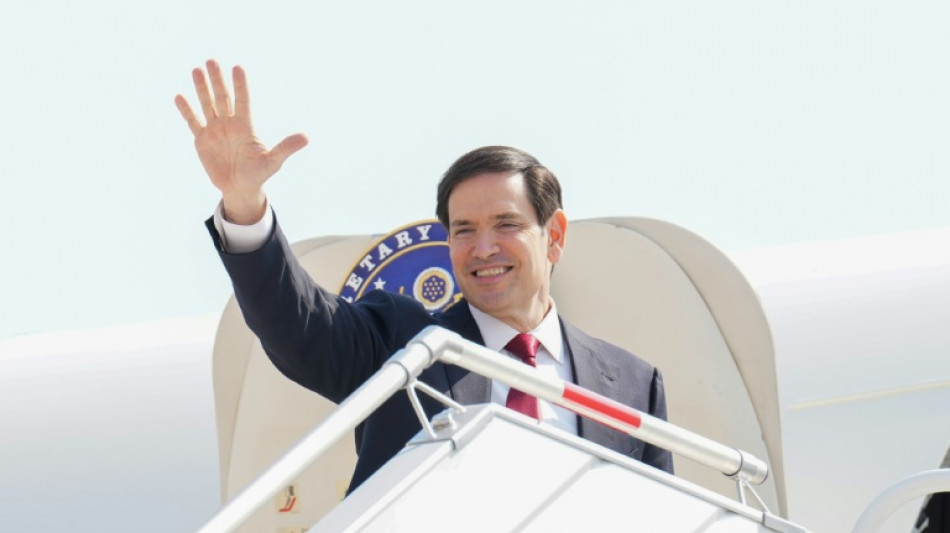
RYCEF
0.6300


US Secretary of State Marco Rubio arrived in Ecuador Wednesday, as the government said it expects to sign "fundamental" security accords with the United States to tackle rampant cartel violence.
Ecuador has become a major transit point for cocaine trafficked from South America to Europe, the United States and Asia, attracting criminal gangs from around the world.
Rubio arrived in the capital Quito late Wednesday. On Thursday, he will meet with President Daniel Noboa, a right-wing leader who, like US President Donald Trump, has sought to expand use of the military at home.
Earlier in the day, Ecuador's Interior Minister John Reimberg said he expected "agreements" soon with the United States to help combat violence that has transformed the country from one of Latin America's safest to one of the most deadly.
The United States "is a country that has maintained constant assistance in various issues," Reimberg told the Teleamazonas channel.
"We will see many more agreements that are fundamental to the security of our country."
Rubio's visit comes as the US deployed several warships to waters off Venezuela, ostensibly to interdict drug flows.
On Tuesday, President Donald Trump said the US military had struck an alleged drug trafficking vessel coming from Venezuela in international waters, killing 11 in the explosion.
AFP is not able to independently confirm the origin of the boat nor the identities of the people on board.
"We are engaged in a shared fight against terrorism and drug trafficking," Reimberg said.
Located between Colombia and Peru, the world's largest producers of cocaine, Ecuador is the departure point for 70 percent of the world's cocaine, nearly half of which goes to the United States, according to official data.
On Monday, Ecuadoran Foreign Minister Gabriela Sommerfeld indicated there "is a possibility" that Washington could establish a security presence in Ecuador.
For years, the United States operated a military base at the Pacific port of Manta, and the Drug Enforcement Administration had a sizeable presence in the country.
The base was closed in 2009, after leftist then-president Rafael Correa refused to renew the lease.
N.Lo--ThChM